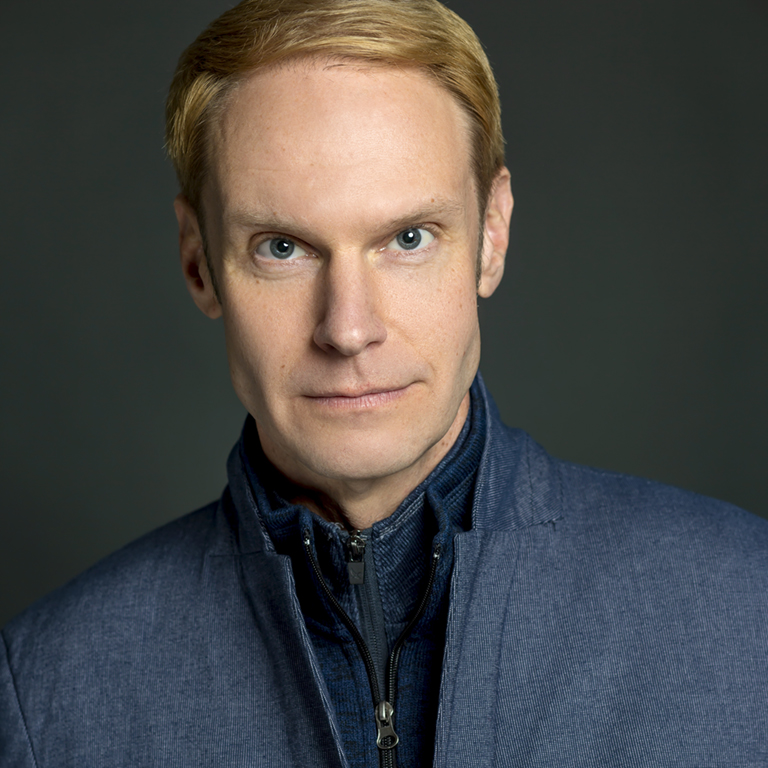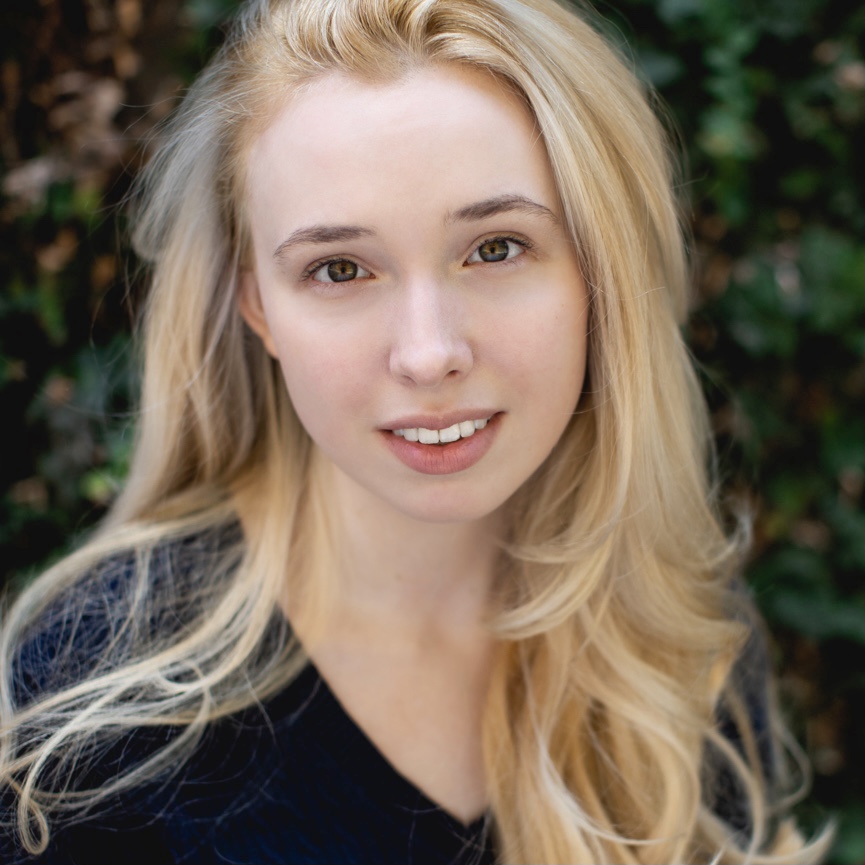To mark the four-hundredth anniversary of Shakespeare’s death in 2016, a poll was taken to determine his most popular plays still in performance. Coming in at number two, Macbeth was second only to Romeo and Juliet. In a similar survey, annual productions of Shakespearean productions were tallied across the globe and Macbeth, again, came in second - only to the far cheerier A Midsummer Night’s Dream.
These polls beg a question: Why do we return again and again to a play that has the audacity to center its tragedy around a murderer and a tyrant, a protagonist so different in appeal from a Romeo or a Juliet, or the far more palatable Puck?
The great Shakespearean essayist and critic, Harold Goddard, in his superb commentary The Meaning of Shakespeare, asked the same question and answered it thus:
“Macbeth is at bottom any person of noble intentions who gives way to their appetites. And who at one time or another has not been that person? Who, looking back at their life, cannot perceive some moral catastrophe that they escaped by inches? Who has not, at one time or another, looked into the abyss and decided to either plunge down headlong or step away from the precipice?”
I believe this is why we return to this play. I doubt any of us has contemplated regicide, but surely we have all stood at the proverbial cliff edge of a horrible decision and either elected to step back or chosen to ignore our “better angels.”
As a professional practitioner of Shakespeare over the past 27 years, I have always been intrigued by how his plays seem to make their rounds and which plays cycle through from year to year. It’s remarkable how often a certain play pops up on season schedules in theatres across the world or even on the big screen. I find it no coincidence that in the past 7 years three major motion picture adaptations of Macbeth have been filmed and countless theatrical productions have staged. Shakespeare’s plays always speak to the moment. That’s part of their allure and appeal. And we often look to his plays to see our own particular “bank and shoal of time” through his insightful lens.
Macbeth was written in or around 1606 – a tumultuous moment as just two years prior, Queen Elizabeth I had died leaving the Scottish James I as king. Political and religious tides were shifting and a plot to blow up parliament had just been foiled.
Macbeth is set in the 11th century in Scotland – another turbulent time. Warring factions, rebellions and shifting attitudes about religion as the “newer” Christianity blended (or rather, more often than not, collided) with the neopaganism of the day.
Our production, being performed in January 2022, well… I suppose I needn’t point out the obvious!
At any rate we hope you enjoy our production. One that strongly draws its concept from the work of Theatre de Complicité or Grotowski’s “poor theatre.” One that asks you to use your imagination – with us – as eight actor-storytellers bringing 35 characters to visceral life before you. One that, hopefully, “shows the very age and body of the time his form and pressure."
Special Thanks for Macbeth
Linda Pisano
Jenny McKnight
Jonathan Michaelsen
Patricia Hausmann
Laura Judson
Dale McFadden
Onyea Cummings
Lydia Spellman
Leraldo Anzaldua
Lauren Haughton Gillis
Ansley Valentine
Joel Castro
The Jacobs School of Music and the Department of Percussion
Bobby Coyne
Andrew Hopson
Evansville Shakespeare Players
Indianapolis Shakespeare Company
Rodney Dorsey
John Tafoya
Joseph Gramley
Richard Roland
Raymond Fellman
Grossman & Jack Talent
Toni Schaperjohn
Diane Timmerman
Indianapolis Shakespeare Company
Linnea Holt
Ashley Chilla
Joe Hiland
Sharon Goodman
Charles T.D. Goodman
Chris Centinaro
Eboni Edwards
Nate Cole
Antonia Daleke
Caden Hamscher
Danielle Long
Ariana Shields
Eirene Stavropoulous
Melanie Patterson
Carolynn Stouder
The Theatre Circle
George Walker
Ron and Beth Sharer
WFIU










 The College of Arts
The College of Arts